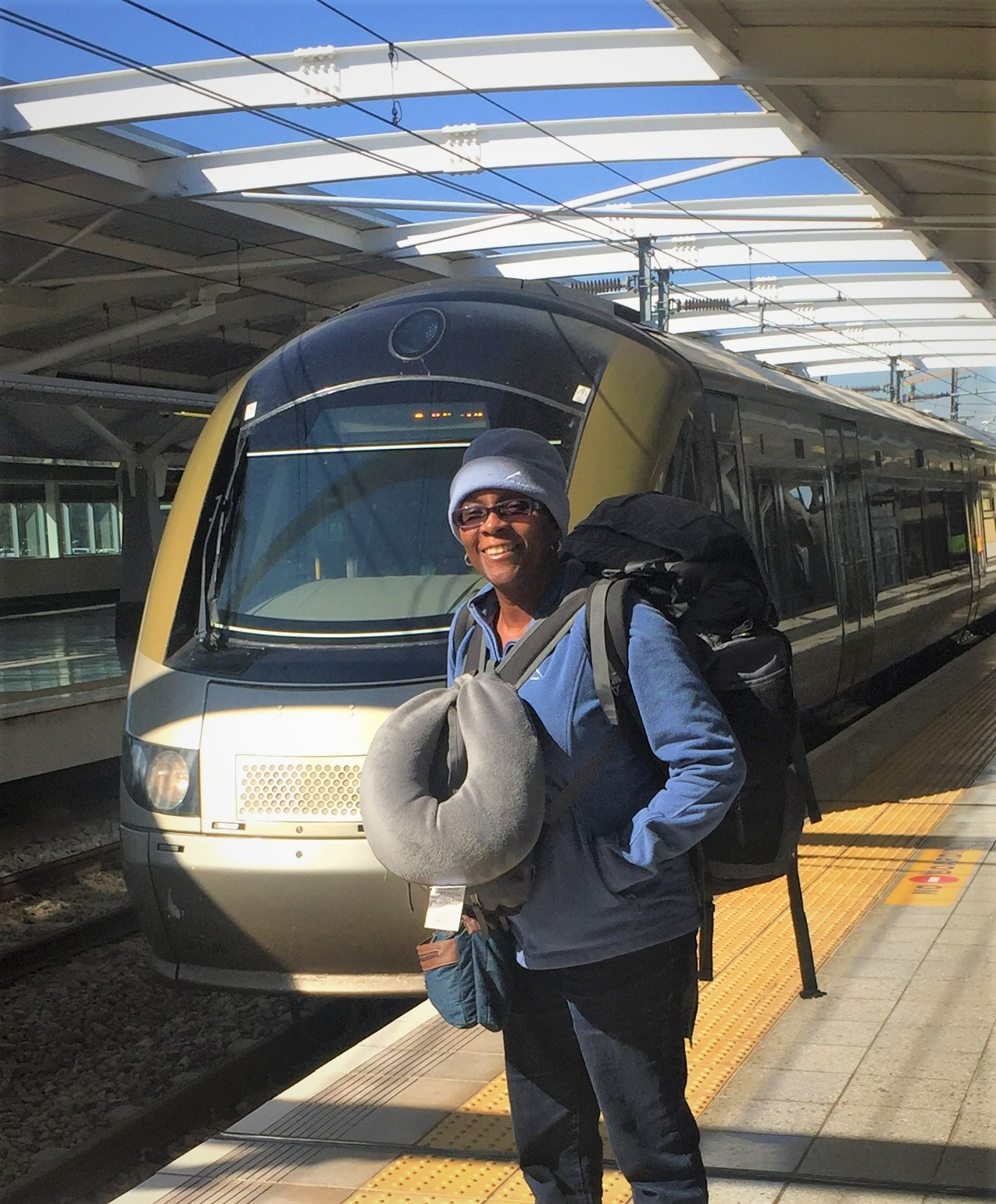I’ve travelled to more than 60 countries… that’s A LOT by any standard!
And throughout my travels I was on full time employment. No, I’ve never worked for an airline or tour company. However, while some of it was work related, so both cost and time were covered by my employer for those trips, over 80% were not.
How did I achieve this and where did I find time and money (you ask!)?
Simple: Work – Save – Travel – Repeat!
Not easy, but it’s doable. I have done it for over 20 years. So can you!
Here’s how:
1. Work – Earn or generate income
This seems obvious and generally affirms that for most leisure travellers, it doesn’t generate livelihood or full time income. While you’d want to minimise what you spend on travel, it’s going to cost some, right? Having a full time job is the most straightforward way to earn a steady income that can meet your basic needs (and wants), as well as afford you all those other luxuries you yearn for… like travelling!
And this is the point that encourages you to keep your day job, however much you yearn to turn your back on it and go discover the whole world! It may seem counter-productive because travel needs time, yet you may not realise that travel can be tiring too. Plus, if you do it for long periods, it has a way of draining your cash reserves or maxing out your credit limits!

It’s refreshing on both ends to do travel as a break from work, and to have a place to return to once you are done with travel. Plus, you have other social obligations and the world isn’t going anywhere, so no need to try to cover it all in one go.
Finally, for most of you out there, you don’t actually want to be on the road (or air) full time. You would however, love to have the freedom to travel at your convenience and at affordable cost.
BONUS Tip:
- For those of you who hold passports that require VISAs to nearly everywhere, strive to be an outstanding and dedicated employee or co-worker (this needs to be by default, but more so in this context). It helps when the time comes for your to present evidence that you hold a steady job to which you intend to return, which may have to come from your supervisor or HR department in the form of a signed letter.
- Target employment with organisations that are international or include travel as an integral part of the work involved. This way you may get the opportunity to have the costs covered by your employer
2. Save – for your future travels
Alongside earning (and probably just as important), is saving. You earn so that you can spend (and hopefully) save some. In general (beyond travel), saving is for 3 key purposes: Emergencies, investment and to fuel your passion(s).
Whether you plan to travel just once in your lifetime, or to make a hobby out of it, or perhaps even to turn it into a lifetime career, you are going to need to develop the discipline of putting some of your earnings aside, to accumulate enough to afford it. And this is where Step 1 comes in handy, you continue to work or run your business, while putting monies aside for future travel plans.
Saving, like exercise, requires discipline. You will need to develop it as a habit over time. Pay yourself first, always and every time, and you will increase the possibilities of achieving your travel (and other) goals over the course of your lifetime.
BONUS Tip:
- Be always prepared! Don’t spend all your travels savings at a go if you can help it. Special offers may be advertised by airlines, destinations (local or abroad) or in line with the Bonus tip on work, you may be sent abroad on assignment and you’d want to maximise on that too! (see next bonus tip under travel)
3. Travel – Tick off that bucket list like a pro!
Yei! Just like that!
While you are earning and saving, you are also planning where to go, when, who with and (maybe) why. And because travel interests vary, your getaway could be a weekend away hiking or doing a road trip. Or you might want to travel to far off lands that need you to be away for a few days or much longer. This would need scheduling your vacation time with your supervisor or colleagues well in advance. It’s also ideal to plan early so that you have adequate time to decide where you are going, and to research the costs of stay or activities, so that you know how much you’ll need. Involve your family as co-travellers (or not, depending…).

Ultimately, the goal is to take actions that will lead to making your dream come true, and make all the sacrifices of delayed gratification and planning endlessly in anticipation, all worthwhile!
BONUS Tip:
- If your work involves periodic or frequent travel, especially to far off destinations, consider requesting time off and extending your stay at your own cost. Since a major portion of travel abroad is transportation (especially by air), a conference or training or work assignment could give you the opportunity to maximise on the paid ticket, by staying on for a few days (if possible) and exploring nearby. Be sure to have all adjustments known and authorised by your supervisor to avoid jeopardising future similar opportunities.
4. Repeat – get back to earning & saving for your next travel
And when you’ve spent the savings, enjoyed your experiences and taken tons of photos to share on your return (and to psych you up for your next trip), it’s time to get back to base and start all over again. J
Consider it recovery time as well. Travel can be draining on both energy and bank account. So it’s refreshing to get back to the family & work routine, and energising to start planning for the next adventure too!
See? It’s possible for you to travel, while working full time! Though it’s not easy, it’s simple. This is how I managed to cover so much travel and you can do it too.
Work – Save – Travel – Repeat!
If this hasn’t been your lifestyle, it’s never too late or too early. Get started today, and soon you’ll be ticking off that bucket list with glee!
Please share any other tips you may have for traveling-while-employed and let’s encourage others that they can do it too.



Leave a reply